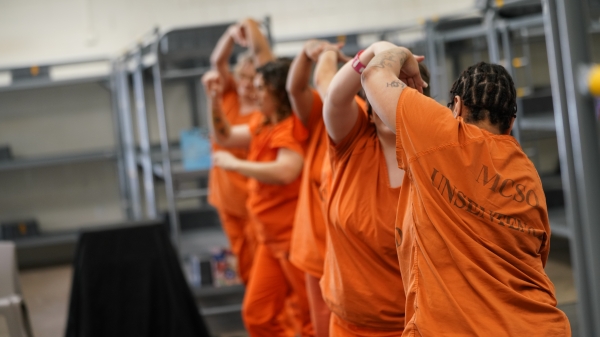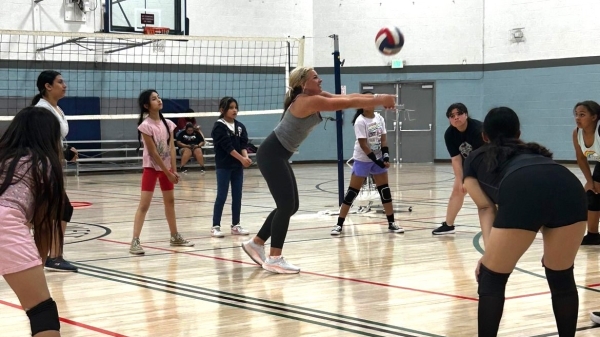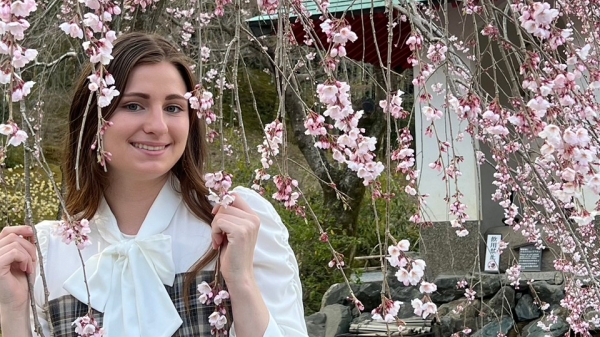Want to help stop violence? Don't 'like' it online

Tom Dishion, a professor in ASU’s Psychology department, said that although the cultural discussion sometimes frames news reports of violence as a social “contagion,” a more penetrating effect comes from receiving peer approval for sharing negative or violent material.
Photo by: IWD/Freeimages.com
It’s common for parents to wonder whether regular exposure to violent acts in the news can influence their children.
That concern is why some parents shield their kids from continuous coverage of school shootings, and why advocacy groups issue regular reports about the damaging qualities of violence in the media.
But research suggests parents should be less worried about what children are watching and more concerned with what they’re posting on social media – and who’s “liking” it.
Tom Dishion, a professor in Arizona State University’s psychology department, said that although the cultural discussion sometimes frames news reports of violence as a social “contagion,” a more penetrating effect comes from receiving peer approval for sharing negative or violent material.
His example is simple: A person who is praised for posting a racist joke on social media is more likely to use racist language in everyday life. The same holds true with sharing scenes of violence.
“So when young kids (post online) and get likes, the way they bring attention to themselves through violent things is highly reinforcing,” Dishion says. “There’s pretty good research that … they’ll do more of it in the future.”
Or, perhaps, even incorporate violence into “real life.”
Various news reports have detailed how Dylan Roof escalated from posting his racist remarks online to murdering nine African-American parishioners in a Charleston, South Carolina, church last month. Dishion said it’s easy to prevent this worst-case-scenario situation: Just talk to your kids.
“In general, the more you’re engaged with young people the less likely it is they will go down that road, extremely,” Dishion said. “It’s preventative. That’s the key message. Words have power.”
And, apparently, so do "likes." Which means another way to combat the spread of violence is to not "like" violent or negative social-media posts.
More Arts, humanities and education

ASU Gammage program brings the arts to incarcerated women
Laughter might not be the first thing you expect to hear when arriving at Maricopa County Estrella Jail, the all-women prison…

Maryvale girls gain confidence through volleyball program
Life as a teen or tween can be tough, particularly for girls. That's why an Arizona State University partnership with a…

ASU double major plans to use Japanese studies in her business career
Editor’s note: This story is part of a series of profiles of notable spring 2024 graduates. Racine Merritt is a business-minded…